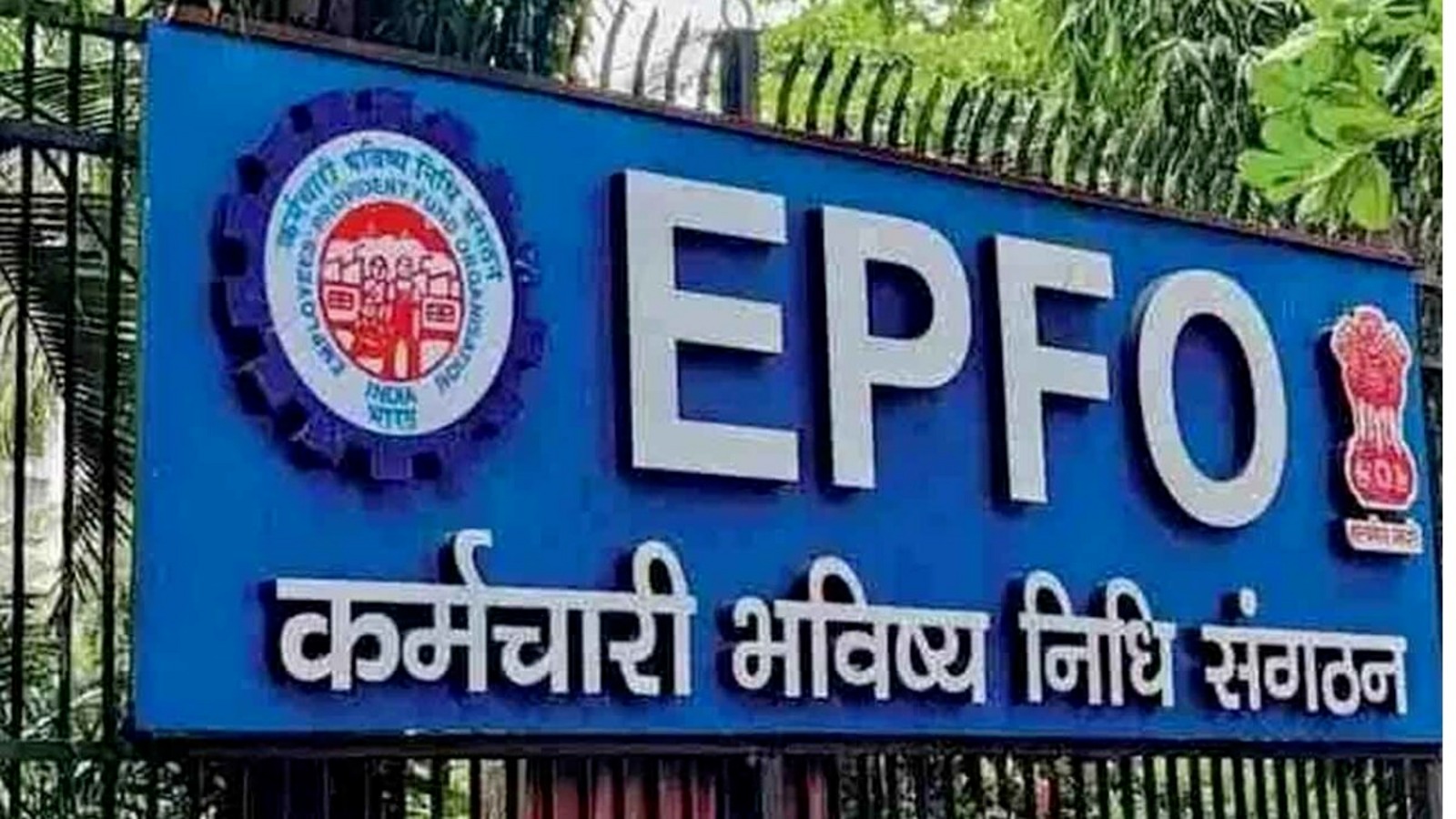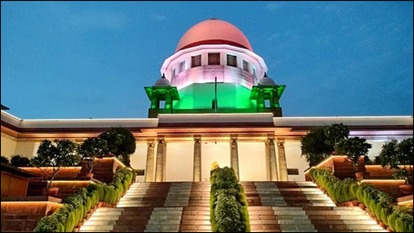D.V. Sehgal, J.@mdashThis is an appeal by the owner of the vehicle against the award dated 5-8-1982 of the Motor Accident Claims Tribunal Ludhiana.
2. On 29-4-1981 Narshing Lal Cera deceased, Branch Manager, Central Bank of India, Moga, along with one Ram Tirath of Moga was traveling from Moga to Ludhiana in Taxi No PNY-81 belonging to the Appellant, which was hired by Ram Tirath and was being driven by Ashok Kumar driver As they reached near bus stand, Sunet, near the Milk Plant, Ludhiana. the taxi bit against a cart coming from the opposite direction. It was being driven rashly and negligently by its driver. Due to the accident, Narshing Lal Cera and the driver of the car received multiple injuries They were removed to the Chrishtian Medical College and Hospital, Ludhiara. The driver died about 8/9 hours later while Mr. Narshing Lal Cera died after about 22 hours at 1.40 P M on 30-4-1981. The claimant-Respondents Nos. 1 to 5 who are the widow, daughter, sons and the mother and who were all dependent on Narshing Lal Cera, filed the claim petition before the Tribunal After full dress trial, the Tri-bunal reached at the conclusion that Respondent Nos. 1 to 5 were all dependent on the deceased; and that Narshing Lal Cora died due to rash and negligent driving of the taxi of which the Appellant was the owner
3. Taking into account the income of the deceased, dependency of Respondent Nos. 1 to 5 on him and the age of the deceased, the loss to them was assessed at Rs. 3,62 496/- As regards the liability, the Tribunal decided that since the driver of the taxi had already died, the Appellant as its owner was liable to pay the whole amount. With regard to the liability of the Insurance Company, Respondent No. 6, it concluded that the same was limited to the extent of Rs. 10,000/- as per the provisions of the insurance Policy.
4. The only argument of the learned Counsel for the Appellant is that the liability of Respondent No. 6 was unlimited and such it should have been made to pay the entire amount of damage viz, Rs. 3,62,496/. The learned Counsel submitted that in the written statement, Respondent No 6 has nowhere averred that the its liability was limited and in the absence of such an averment Respondent No. 6 was liable for the payment of the whole amount of damages. In support of this submission, the learned Counsel relied on Bomanji Rustomji Cinwala v. Ibrahim Vall Master 1982 A. C. J. 380. This contention is, however without substance. A reference to the written statement of Respondent No. 6 makes it clear that in para 12 there of it was specifically pleaded that its maximum liability per passenger was Rs. 10,000/-.
5. The second submission of the learned Counsel for the Appellant is that in the insurance policy Ex., R W-l/1, in the column of ''Limits of Liability'' there is no limit prescribed as regrads the liability in ease of death of a passenger This is again not correct. In the column of ''Limits of Liability''against the words Limit of the amount of the Company''s liability u/s II-I(i) it is mentioned- "Such amount as is necessary to meet the requirement of the Motor Vehicles Act, 1939 " It makes the reference to the provisions of Section 95 of the said Act necessary. Sub-section (2)(i) and (iv) of Section 95 provide that a policy of insurance shall cover any liability incurred in respect of any one accident up to a limit of Rs. 50 000/- in all where the vehicle is registered to carry not more than 30 passengers and subject to the limit of aforesaid. Rs. 10,000/- for each individual passenger where the vehicle is a motor cab. In view of the stipulation in the policy and the aforesaid provision of law, the support which the learned Counsel for the Appellants wants to derive from
6. The learned Counsel for the Appellant has invited my attention to endorsement No. 13 forming part of the copy of the policy Ex. RW/1 which is at page 46 of the record of the Tribunal and contends that all the columns in this endorsement are left blank and as such the liability of Respondent No. 6 is unlimited, I am afraid, this contention is of no help to him, firstly, for the reasons that the original policy of insurance, which is supposed to be in possession of the Appellant himself, has not been produced on the record and has in fact been withheld for the reasons that best known to him and secondly a perusal of Endorsement No. 13 shows that it is meant to over ride the stipulation contained in section II-l(c)of the policy which absolve the Insurance Company from the liability in respect of death of or bodily injury to any person other than a passenger carried by reason of or in pursuance of a contract of employment being carried in or upon or mounting or alighting from the motor vehicle at the time of occurrence of the event out of which any claim arises. Thus, no benefit out of this clause can be taken by the Appellant. I therefore, find no merit in this appeal, which is dismissed with costs.

